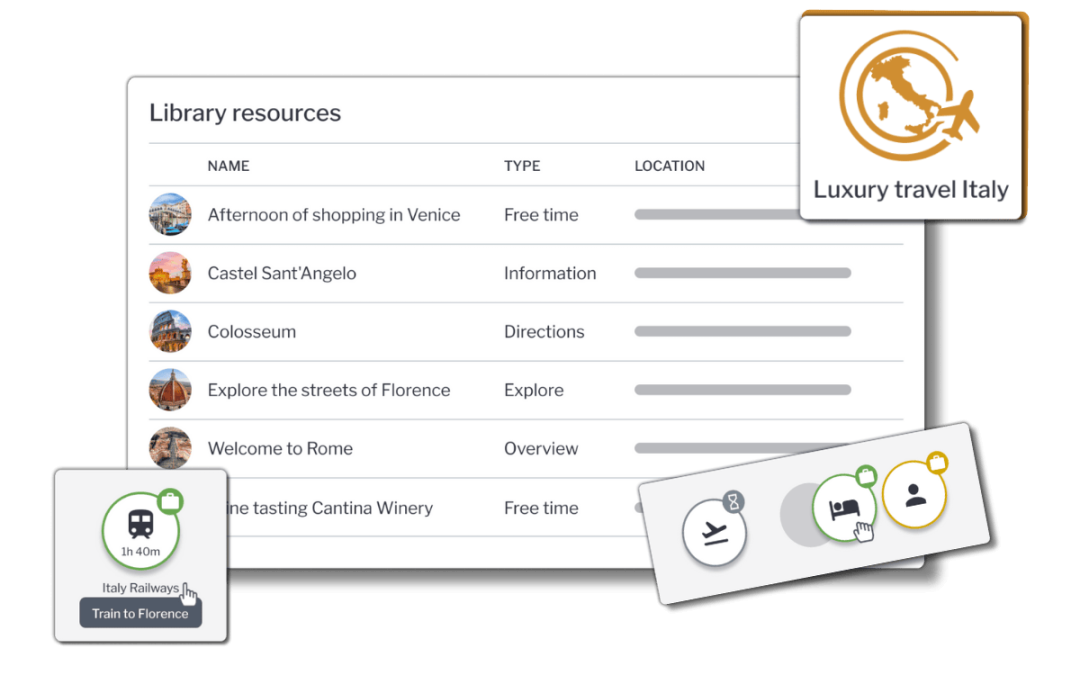Artificial Intelligence- the new tool for tour operators

Artificial Intelligence (AI) has become one of the most exciting and rapidly evolving technologies in recent years, with potential applications in almost every industry. The tourism industry, in particular, has seen a significant transformation as a result of the widespread adoption of AI. From personalised recommendations to real-time translation services, AI is revolutionising the way travellers plan, book, and experience their trips. Not a bad introduction for this blog post, written by Chat GPT itself. Could you tell?
ChatGPT is an artificial intelligence chatbot which was launched in November 2022 and it is currently taking the internet by storm. Although other chatbots exist, ChatGPT is in a league of its own, with renowned publications such as the New York Times calling it “the best artificial intelligence chatbot ever released to the general public.”
With over 1 million unique users collected in it’s first week online, and a high likelihood that it’s the number 1 topic on your LinkedIn feed right now, it’s fair to say that ChatGPT has rattled the business world. Just as the tourism industry is taking a collective breath after the disruption caused by covid, many travel professionals are concerned that this technological advancement is going to do more harm than good.
What’s the big deal?
What sets this chatbot apart is it’s impressively detailed and human-like responses. While other chatbots have been overly moderated, ChatGPT will openly and eloquently answer questions about religion, write poems, give advice, write essays and more. It’s been predicted that jobs will be lost as a result of this technology, and the tourism industry isn’t immune.
What it means for niche tour operators
Phocuswire explains that this tool can enable users to ask for personalised travel suggestions, trip planning and more. Peter Syme, founder of 1000 Mile Journey believes it will truly disrupt the tour operator business model, “You are a tour operator, and you create itineraries. The consumer can now do exactly the same thing as you and do it in real time…So the creation of a travel experience on the ground, which tour operators have dominated, is going to be disrupted by travelers being able to do it themselves.”
But it’s not all doom and gloom, we at Tourwriter believe the tourism industry thrives on disruption.
How to make this tool your superpower
The best way to start is to try out ChatGPT for yourself. Create a login, or find someone who already has access, and start experimenting with prompts. See how a traveller can plan a holiday using it, but you will probably also notice the limitations that ChatGPT has, such as limited real-time information about destinations. By understanding what ChatGPT is capable of, you as a tour operator can determine what differentiates you from this new technology, it could be the personalisation you provide.
ChatGPT has the ability to extend human capabilities. It has access to vast amounts of information and data that include things a tour operator may not know, as they are limited by their own experience and understanding. So using ChatGPT can be a resource for creating succinct summaries that are written to develop our understanding. One use, that could help save time, is to write descriptions for attractions, locations or overall destinations. You can use the paragraph ChatGPT provides as the basis of the description, then play with it to highlight the key features that will capture your travellers attention and create the personal touch.

A very real use for Chat GPT that could be coming in the near future is using it as a conversationalist chatbot on websites. This means travellers could use the chatbot to discuss their travel aspirations and expectations and then the chatbot sends a detailed explanation to the tour operator to start planning the itinerary for them. This could remove the need for that initial first call with the traveller, so the tour operator can use the first meeting with the traveller to show their initial itinerary and discuss adjustments. Saving both the traveller and the tour operator time, while ensuring they both understand the others needs.




